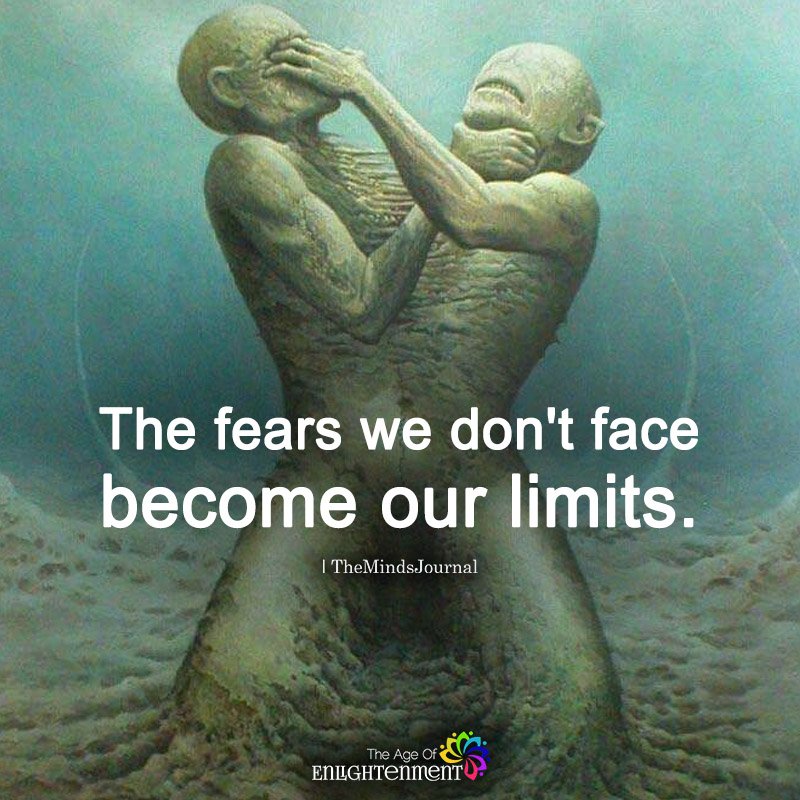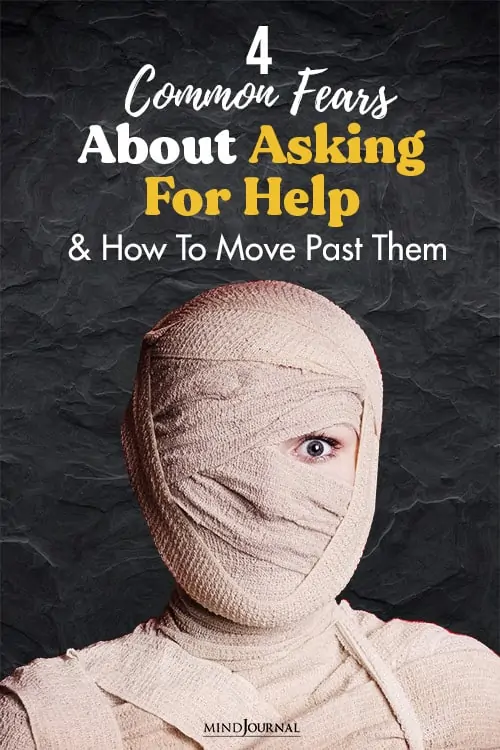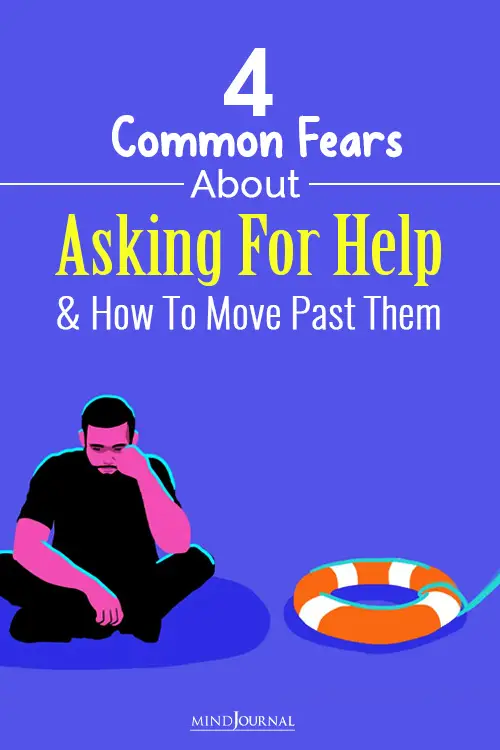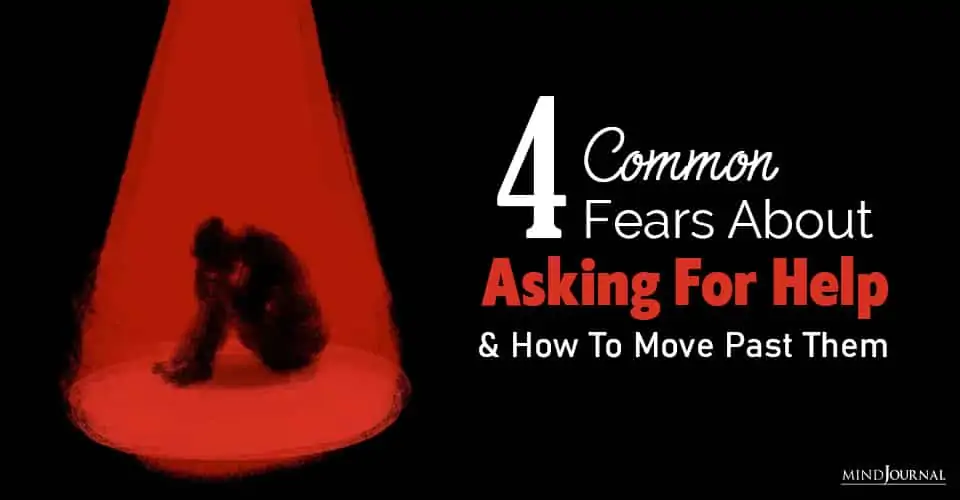Help. A word with so many colors and connotations that it would require way too many posts to identify and explain them all. For our purposes, let’s say that by “help” I am referring to what it means to ask for professional help when you are in pain, in crisis, or otherwise lost and don’t know where else to go. There are people who hold fears asking for help.
In some cultures or families, it is considered a sign of weakness, even lethal, to ask for professional help – a sign that you are betraying your family secrets, or worse, your family members. In some family systems, secrets are lauded as “sacred” and not to be discussed among the chosen members.
In others, secrets are betrayed and boundaries are violated. In those families, there is no safe space to share and no personal pain left un-gossiped about. In some families, there is a framework of busyness In these homes, everyone remains so active and productive that nobody has a moment to breathe, let alone feel an emotion other than “overdrive.”
And in other families still, there is only the allowance for achievement – the mentality of “best (wo)man wins” leaves anyone who is in emotional pain to hide out under the covers or find an external talent that will validate them into feeling less of their loneliness, isolation, and pain.
Read The Real Truth of Being a Working Mom: 6 Tips To Help You
No matter which family system you fall within, if you fall into any of the family archetypes listed above, then it is highly likely you have grave challenges asking for and/or receiving help.
A great friend of mine always says the following, “Blythe, receiving is the advanced class.” And after years of working on my own challenges around asking for and allowing help, this finally makes sense to me.
There is something universally sacred and inherently spiritual about putting a piece of one’s story – one’s life – in another person’s proverbial arms and allowing the emotions and the responsiveness to the land where they may. It is certainly a gift to the receiver but ultimately when in good professional hands, the gift is then returned back to the person asking for help in the way of emotional freedom, clarity, and even peace.
I know all of this sounds like I am suggesting that one should just be able to go out and receive graciously, ask for help with no qualms or fears, and just dive into that all-important step NOW, but I don’t think that at all. I think asking for help is hard. If it were easier, we wouldn’t have so many broken-hearted, wounded people walking around our neighborhoods and workplaces.
We wouldn’t have so many people hurting other people as a result of their own un-examined wounds. We wouldn’t have so many people feeling isolated and as though social media is their only source of human interaction.
What I do know is this, that there are people out there, perhaps like yourself, who are ready and willing to take that next step and get the help you have most likely been needing for a long time. And if you fall into that category, but are just needing some guidance about how to move forward and break through your fears, you have come to the right place.
4 Common Fears About Asking For Help:
1. Fear that my family and friends will find out I’m broken and they won’t love me anymore.
One of the common fears around asking for help is that those we love the most will find out we aren’t perfect and somehow abandon us or fail to love us anymore.
While this is something that almost never happens, it is a fear that makes complete sense given what messages we have learned in our earlier years about asking for help. Many of us walk around with partial truths and half-masks – only showing certain parts of ourselves to certain people and compartmentalizing ourselves to avoid perceived rejections. How utterly exhausting!
What many of us DON’T think about, however, is that the people around us are most likely walking around doing the same thing. The idea that should inherently be without flaw is not only an unachievable one but also a self-defeating one.
Think about it. If you continue to feed into the idea that those around you will only love you if you are perfect, this means that on some level, you are expecting the same of those around you as well.
This is a tall order for yourself and others, and one that doesn’t enhance connections and relationships, but, rather, detracts from them. Imagine how much closer you would be to those you love the most if you were more honest with them about your struggles and allowed them to feel more open to being honest about theirs as well.
If this is one of your key fears about asking for help, you have options. First, you don’t have to tell anyone that you have decided to seek professional help. You can keep it to yourself until you decide someone in your life needs to know or you feel the need to share it. Another option you have is to pick one or two safe people with whom to share this information.
This would be a first step in allowing yourself to be more known and also allowing the person with whom you share it to come closer to you as well. Seeking professional help from a licensed therapist/counselor who legally has to keep everything you share with them, including your identity, a secret. This knowledge may be enough to allay the fear that someone you love might find out before you are ready to share.
Read Top 10 Reasons You Should Conquer Your Fears According to Therapists
2. Fear that the person I ask for help will think I’m crazy or tell me I am too messed up to receive help.
While I can’t speak directly for other therapists, I can say that my personal and professional motto is this, “Nobody’s story is too painful to be heard or healed.” I believe that with every fiber of my being. I watch people every day who believed they were “too sick” to get better or had “too much trauma” from which to heal, find out that they were stronger all along than they ever believed. I can also safely say that there are at least 100’s and even thousands of other therapists out there who believe the same.
Here is the deal. A therapist that is worth their weight in salt, or even worth your very valuable time would never turn you away because they felt your problem was too great for them to bear.
No matter how much pain you are in and no matter how much your story feels like you are the only one who has ever endured it, even if that particular therapist isn’t skilled or trained in that specific area of expertise, they will find you another therapist or facility with whom to work that can help you in the ways you need if – and I do mean IF – a therapist DOES turn you away and offer you no support in finding a better fit, mark my words, THEY WERE NEVER WORTH YOUR STORY to begin with.
I will repeat that again just so it can sink in. THEY WERE NEVER WORTH YOUR STORY, to begin with. It is unethical for someone to treat you that way, and if it HAS happened to you, know that you were never the problem, to begin with – THEY were.
I know whether either of these has happened to you or if you fear this happening to you, there are other options out there. Don’t stop your search or stop your healing because of fear or a person who isn’t worth your time.
Pick up the phone. Dial another number. Find someone online whose face feels safe to you. Seek support through an agency that vets their therapists prior to allowing them to see clients. These are just a few of the options available to you. But don’t stop. Once you share your deepest fears and challenges with the right professional, you will realize that not only were you not crazy or too messed up to receive help, but that you will feel the weight of a thousand worlds lifted off of your chest before you are halfway through.
Read 5 Things You Can Do to Calm Your Fears Now
3. Fear that you are overreacting or making up your problems and you just need to “get over it.”
We live in a time of hyper-achievement. Everyone is online and on point and fast-paced and competing most of the time. The bigger the world population gets and the more the media throws this and that and every other thing in our faces, the more anxious we become. The more afraid, and the more confused.
It is a really easy time in history to feel that you should just “get over it” if you are experiencing anxiety or fear or even confusion. While that is fine and good for everyone else, you don’t have to follow everyone else as they jump off the proverbial bridge.
In reality, busyness isn’t happiness. Constant competition isn’t happiness either. And if your friends or colleagues tell you it is, they are not living the full meaning of life, so just let them be them and you move right along and do your own thing.
Did you know that people who march to the beat of their own drum are much more likely to have success in life? Think about the true movers and shakers on this planet, how many of them can you name that fell in line with everyone around them? Probably none. That is for a reason.
While it may take a lot of courage for you to step out of line and realize that it is okay for you to ask for help – even for what someone else might perceive as “small” – you can still choose to do it. You may be surprised that once you get into the office or the online session with your counselor, that you have way more back-logged memories, thoughts, and feelings than you even realized.
In my experience, the reason clients seek help is almost never the reason that they stay. Most of us are so used to carrying the weight of a million light-years alone on our backs that once we start talking, everything starts to spill out.
A really good therapist/counselor will be able to help you see past the nuances of your daily challenges and find the deeper meanings surrounding them. They will also be able to help you problem-solve and come up with solutions to make your life happier, easier, and more carefree.
And just think, the happier you are, the less you are carrying, the kinder and more available you will be to others around you who are afraid to ask for help as well. Who knows, you may even inspire someone else to do the same!

4. Fear that once you start feeling the heavy feelings you will never be able to stop.
This fear, like all the others, makes complete sense, especially if you come from a family or environment of non-feelers. “Feelings” is such an overly-demonized word. We associate it with discomfort and hiding and shame and all sorts of really scary things. In reality, though, feeling involves all the things – including joy, elation, enthusiasm, connection, and peace. What we don’t talk about enough, however, is that without the proverbial “bad” feelings, we can never fully lean into the good.
When we have a lifetime (or even a few years) of back-logged feelings that may include but are not limited to, sadness, anger, fear, heartbreak, anxiety, uncertainty, and guilt, we are literally without space to engage fully in life. We may have convinced ourselves that we are “over” this person or “done” with that scenario from 20 years ago, but if we haven’t dealt with it head-on, it is still there and it is coming out at ourselves and those we love sideways.
It is a very common myth that if we ask for help and start having feelings that we will be stuck in a state of eternal pain. And, in actuality, quite the opposite is true. When we start to feel the stuff we have kept at bay for a while, it is painful at first, and maybe even temporarily dismantling. But, slowly, over time, with consistent work and effort, those feelings integrate and create space for TRUE emotional freedom and empowerment.
Read Ways To Let Go OF Your Fears, Insecurities, and Negativities For A Fulfilling Life
Conversely, if we don’t ever face them, they continue to build and build and build and build until one of several things happens, either we eventually explode and break down at a very inopportune time and have to seek help anyway OR we go on endlessly reacting to life and taking out our un-dealt with emotions on the people around us who love us the most. Either way, it is way easier to get the help you need NOW and avoid one of those scenarios in the long run.
To learn more and get the help you or your company needs now, please contact me.
Written by Blythe Landry Originally appeared on Blythe Landry Republished with permission.











Leave a Reply
You must be logged in to post a comment.